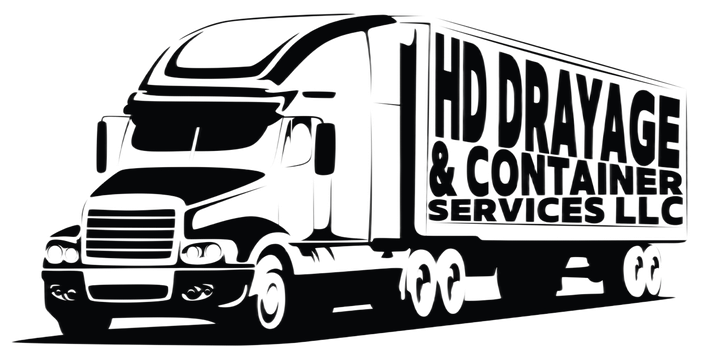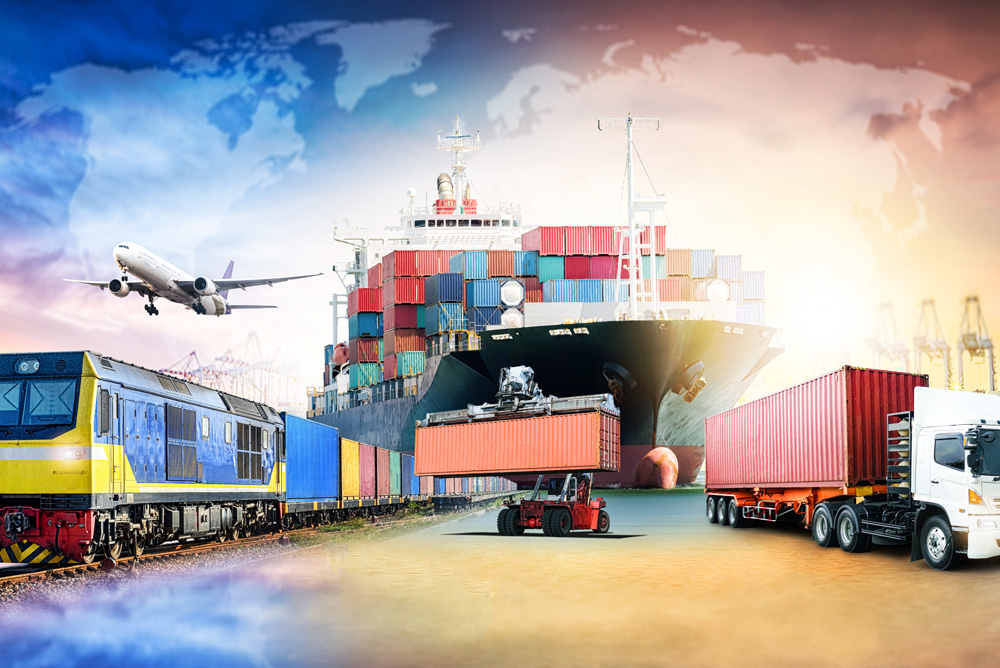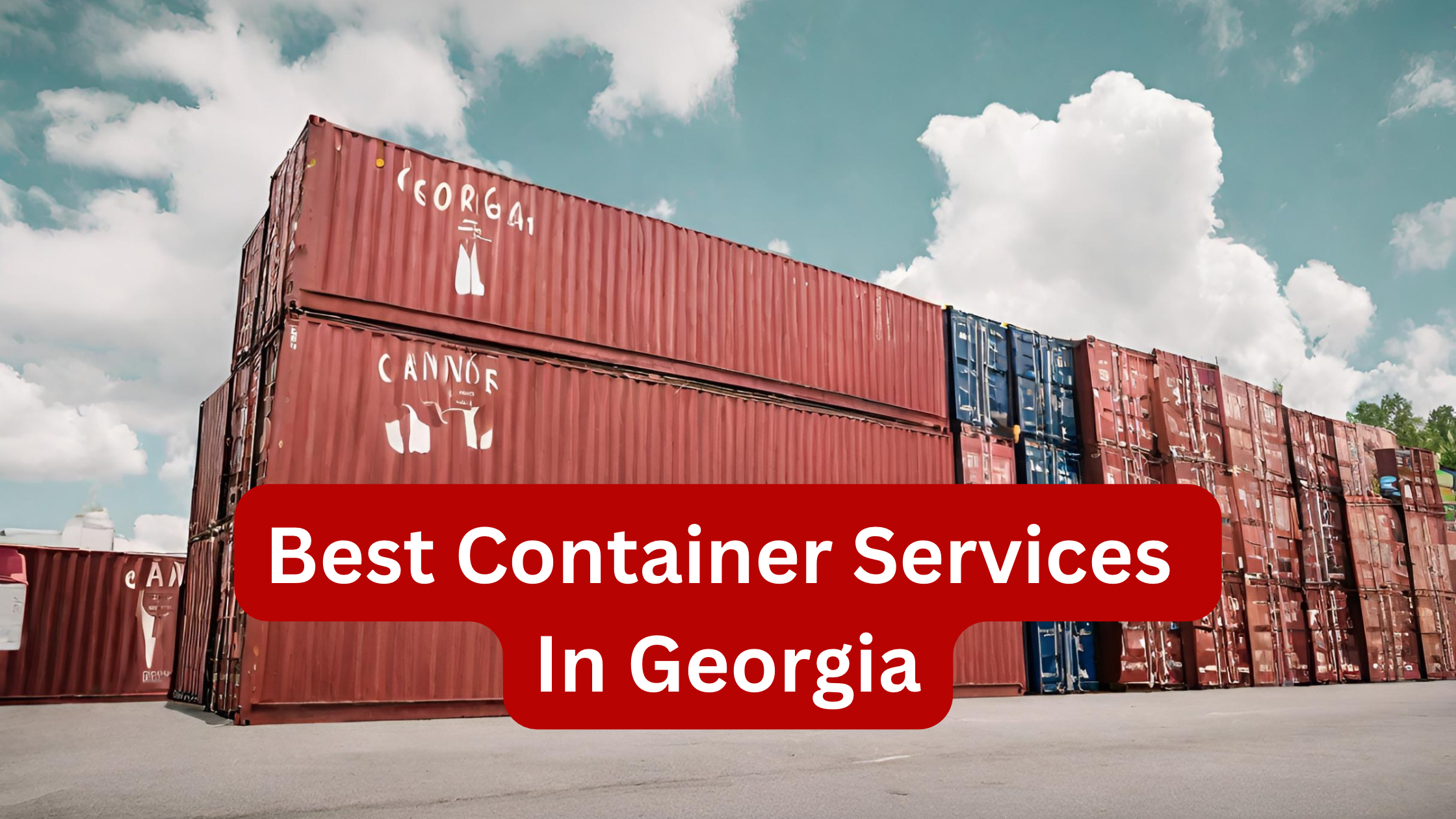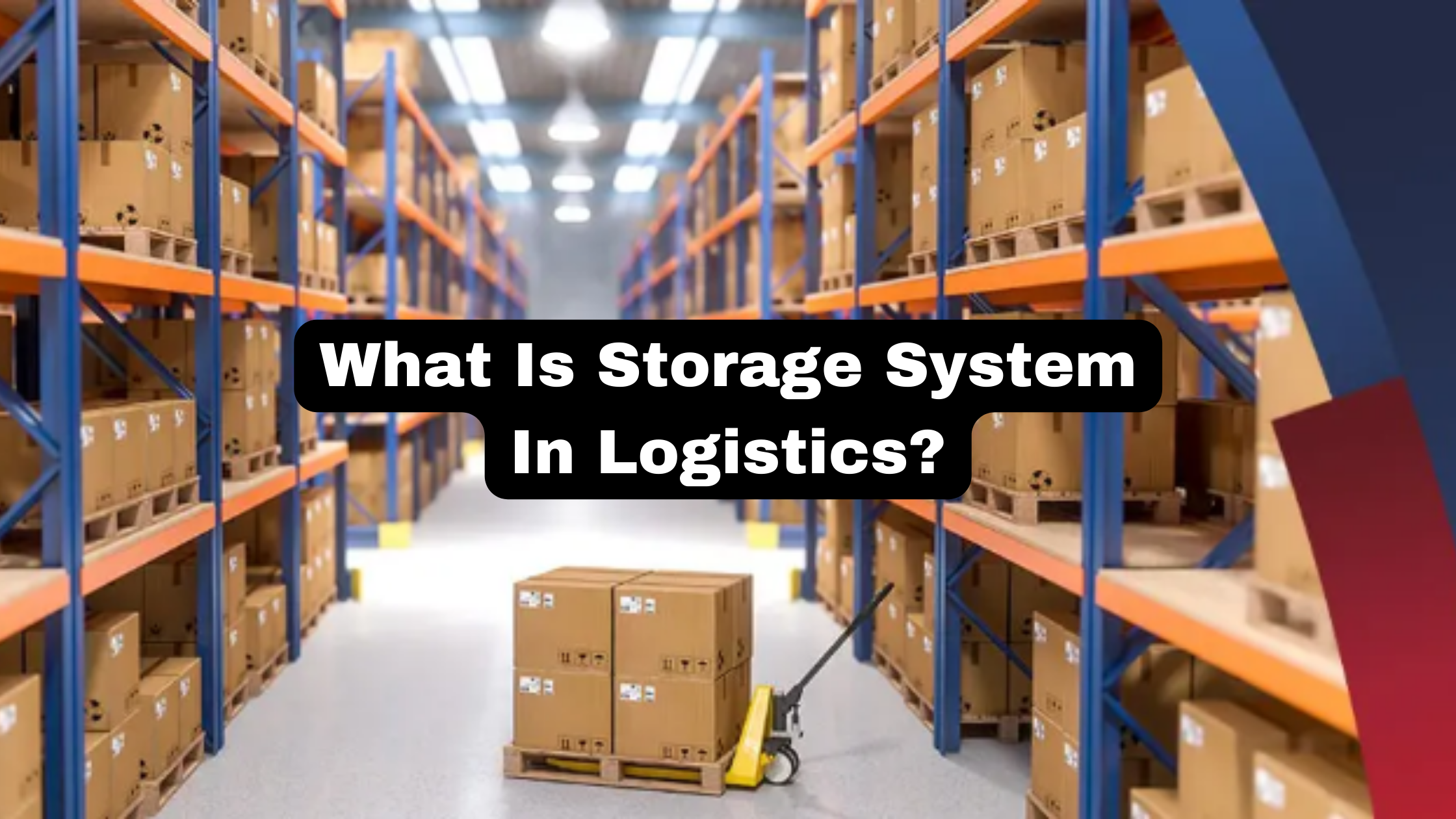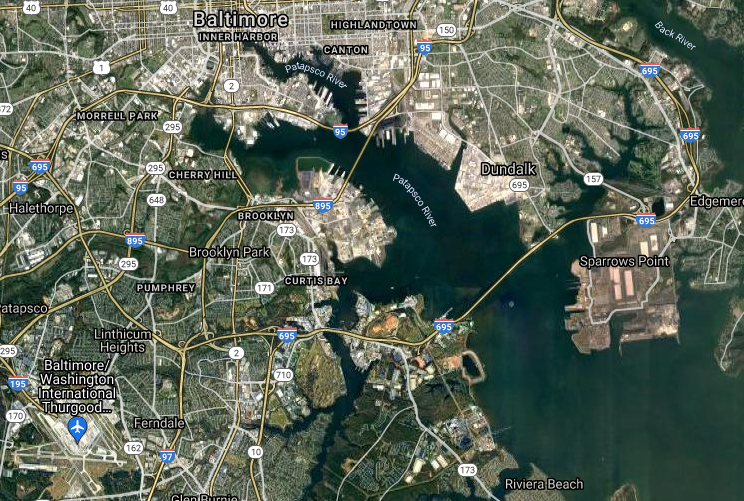There are significant distinctions to keep in mind between freight forwarders and logistics firms, even though they may appear to be equivalent or even interchangeable terms.
Contrary to logistics firms, goods forwarders may not hold any assets of their own; instead, they may be partners with a network of logistics firms.
The terms used in the transportation business must be known by individuals who operate in that field. In this article, we’ll look into freight forwarding vs logistics – in terms of their services, key differences, and the importance of both. So, let’s get started!
Freight Forwarding
Transferring products from one location to another is the main focus of the specialized service known as freight forwarding. For shippers or consignees, it entails planning and organizing the transportation of products. Freight forwarders serve as a middleman between the shipper and other transportation service providers, including carriers, airlines, trucking firms, and shipping lines.
Logistics
Beyond transportation management, a wider variety of operations are included in logistics. Guarantee the effective movement of resources, information, and commodities along the supply chain entails planning, coordination, and execution of several activities.
Understanding The Roles And Responsibilities Of Logistics
The logistics are the administration of different operations such as,
- managing various orders across the supply chain.
- Customer needs in terms of quantity, quality, and geographic demand.
- To guarantee adequate storage procedures, the logistics department closely monitors the storage of items.
- Storing a range of products, from perishables to non-perishables.
- Arranging and carrying out the distribution of the commodities.
- Matching various packaging to various materials in accordance with the needs.
- Managing and handling fragile and non-fragile products during transportation with ease.
- Logisticical import and export.
- Keeping track of and managing trade data along the products’ route.
- End-to-end supply chain management.
- Asset management along the whole supply chain to guarantee efficient freight flow from one location to another.
These are some of the vital responsibilities of logistics.
Understanding The Roles And Responsibilities Of Freight Forwarders
Freight forwarding, on the other hand, covers things such as:
- While finalizing a transaction, goods forwarders must haggle and meet the company’s expectations of the rate, terms, and conditions.
- To avoid any hassles afterward, one requires adequate documents to accompany travel.
- Timely pickup and delivery of the products.
- Freight management aims to build relationships while using top-notch transportation infrastructure.
- To guarantee customs compliance while dealing with authorities, goods forwarders must establish a tight working connection with the customs brokers.
- The forwarders are in charge of arranging insurance and covering the goods during transportation in case of damage.
- Examining the various forms of transportation needed to move the products.
- Managing the transportation of the shipment and tracking goods claims.
Importance of logistics and freight forwarders
A shipping company may use the benefits of logistics and goods forwarding. Most of the supply chain’s duties are handled by logistics, from planning and execution through resource management and shipping commodities to their final location. Transporting items from a warehouse or other location to a customer’s door or the final destination is handled by freight forwarders.
While both handle the commodities, logistics will concentrate on the execution of the goods and their quality, quantity, and fleet management. In contrast, goods forwarders oversee the movement of products and their documentation, management, and tracking.
Logistics includes commodities forwarding, which is an organization or person that efficiently facilitates the transfer of products. Inbound, outbound, and reverse logistics are managed by logistics, where each segment has equal tasks and responsibilities.
Companies should link their objectives with effective fleet management. Delivering goods and supplies at the proper time and location and with the appropriate commodities is the main objective of every shipping firm.
There are many different types of professions and stakeholders in logistics management. A crucial component of logistics management is goods management.
Without both management, several enterprises would go down, setting off a chain reaction that would affect the entire planet.
Conclusion
While logistics and goods are related parts of the transportation sector, they contribute to the supply chain.
To manage the shipment of products, it is crucial to negotiate prices, reserve cargo space, and handle paperwork. It offers choices for freight insurance, cargo consolidation, and international shipments.
Logistics covers various tasks, such as value-added services, inventory optimization, warehouse management, and supply chain management.
For companies operating in the transportation and logistics sector, it is essential to comprehend the differences between freight forwarding and logistics.
Companies may improve their supply chain operations by developing smart judgments and successful strategies by understanding each part’s responsibilities. Working together with goods forwarders may make transportation management more effective, and using logistics concepts can improve the entire supply chain process.
